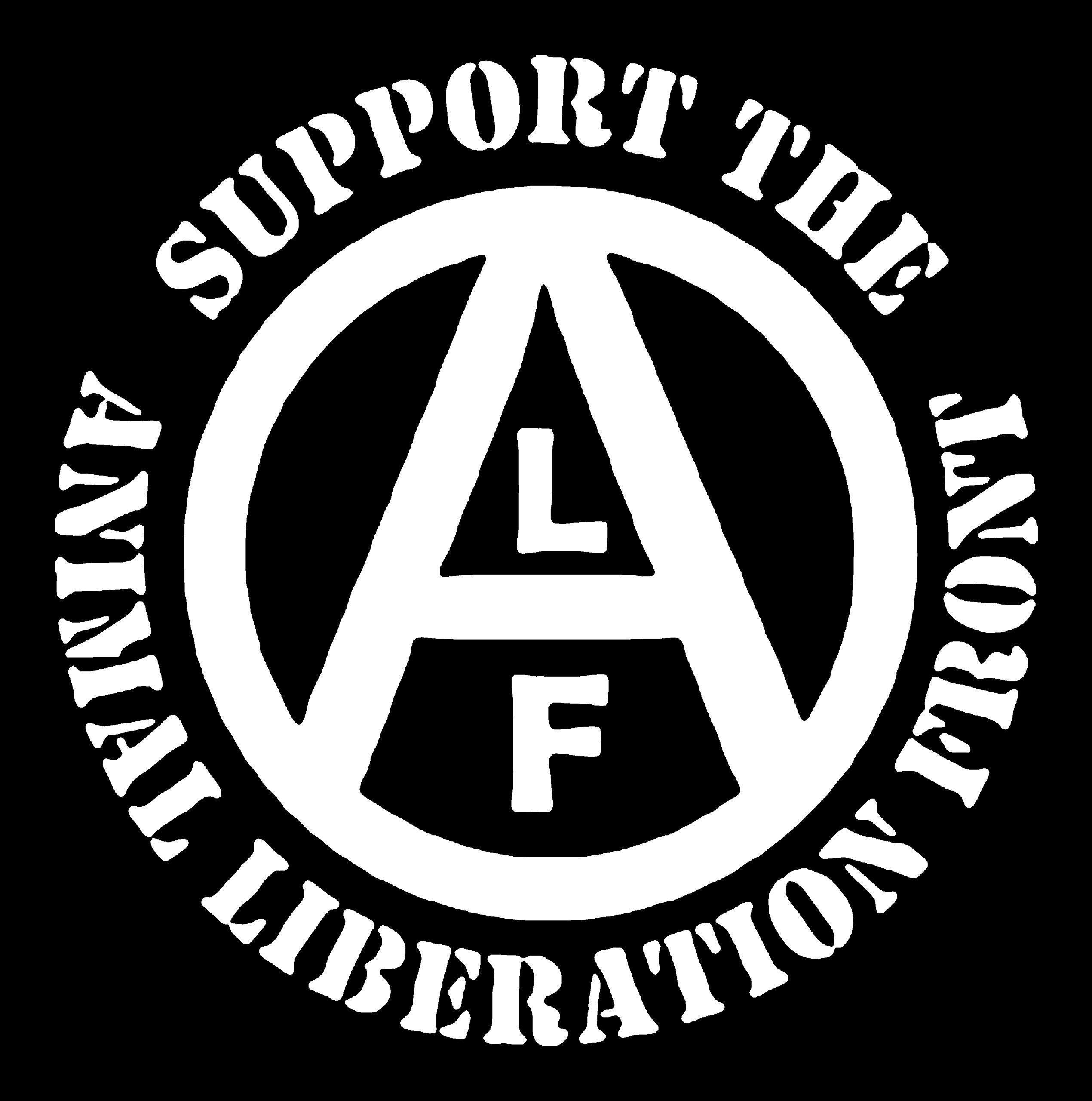

The idea that you can get people to behave the way you want by insulting them doesn’t match my experiences. What usually happens is that it shuts down any kind of conversation, as the other side either disengages, starts insulting you as well, or resorts to physical violence. It also has a negative impact on how that person, and others, perceive you, and interact with you in the future.
I also disagree that insulting others is needed to not be a “doormat”. It is important to be capable of defending yourself, yes. But I have never found it to be necessary, or even useful, to insult others in order to achieve that.
You can analyze and justify them all you want, but insults are just a cheap way to make yourself feel superior to someone else.






The paradox of tolerance is this: “Defending tolerance requires to not tolerate the intolerant”. It sounds like a paradox, but I don’t think it is, “tolerance” is just poorly defined.
The Cambridge dictionary defines tolerance as the “willingness to accept behaviour and beliefs that are different from your own, although you might not agree with or approve of them”.
First of, this definition does not differentiate between behaviours that harm others and behaviours that don’t.
Secondly it is not clear what “accepting” means or rather what “not accepting” would entail.
Thirdly, it doesn’t cover racism, which is not about beliefs or behaviour, but identity.
And fourth: It doesn’t differentiate between accepting beliefs and accepting behaviours.
So, here is how I feel about the paradox of tolerance: Fundamentaly, I agree. We do not have to tolerate racism or homophobia etc. Personally, i think we should accept all kinds of beliefs, even that of bigots. We cannot make it a crime to have certain thoughts, only actions/behaviours should be punishable. For actions/behaviours my take is this: as long as it doesn’t harm anyone, it should be tolerated. Any behaviour that harms others, in turn, should not be tolerated.
Here’s the thing though, what do insults have to do with any of this? I will fight physical violence when I see it, be it racially, politically, or otherwise motivated, but why would I need insults for that?